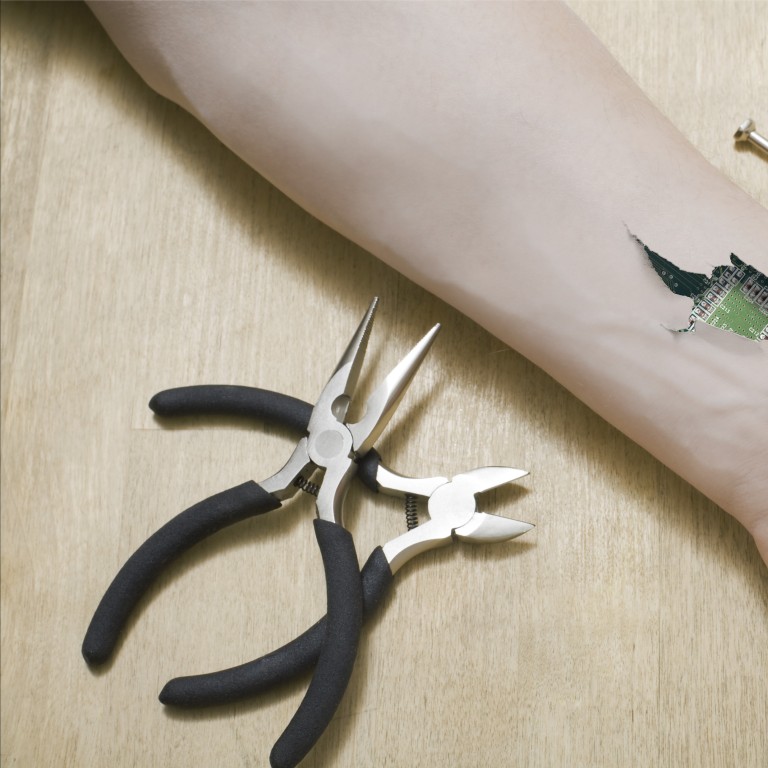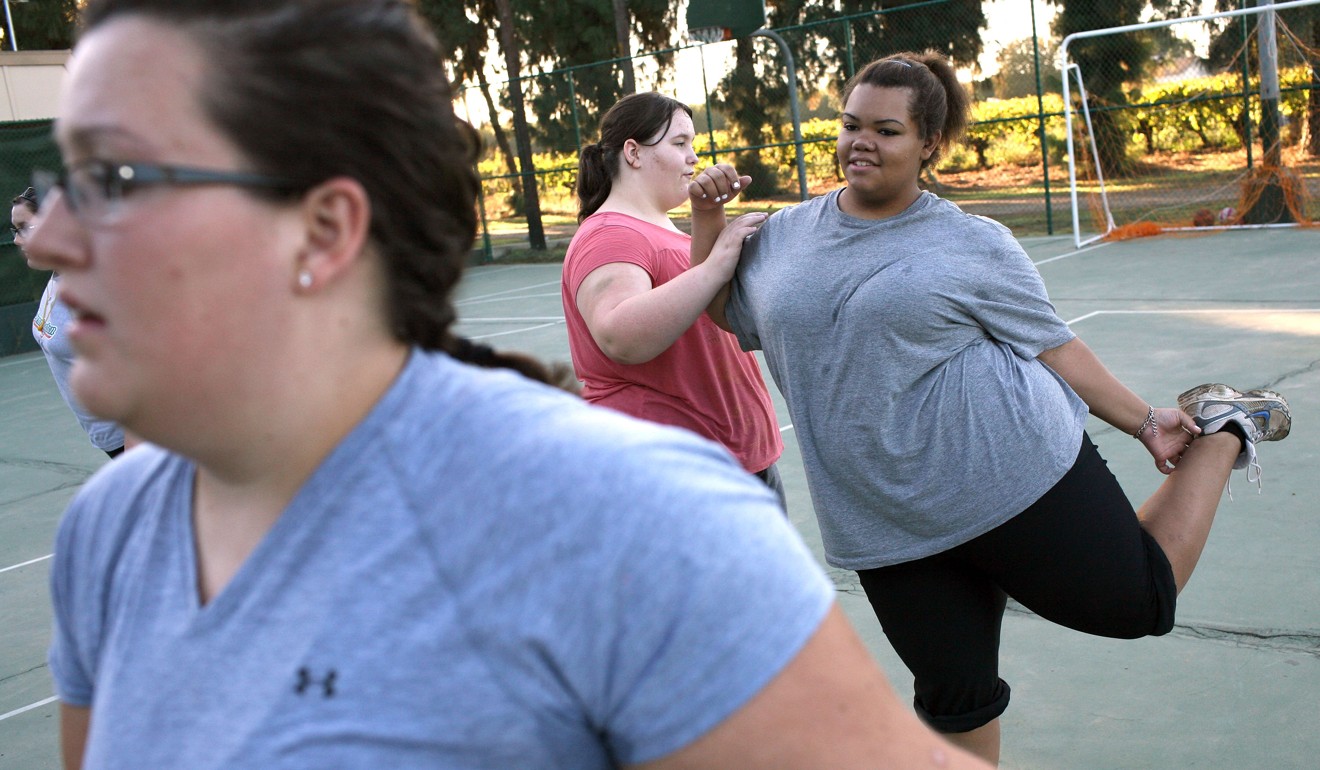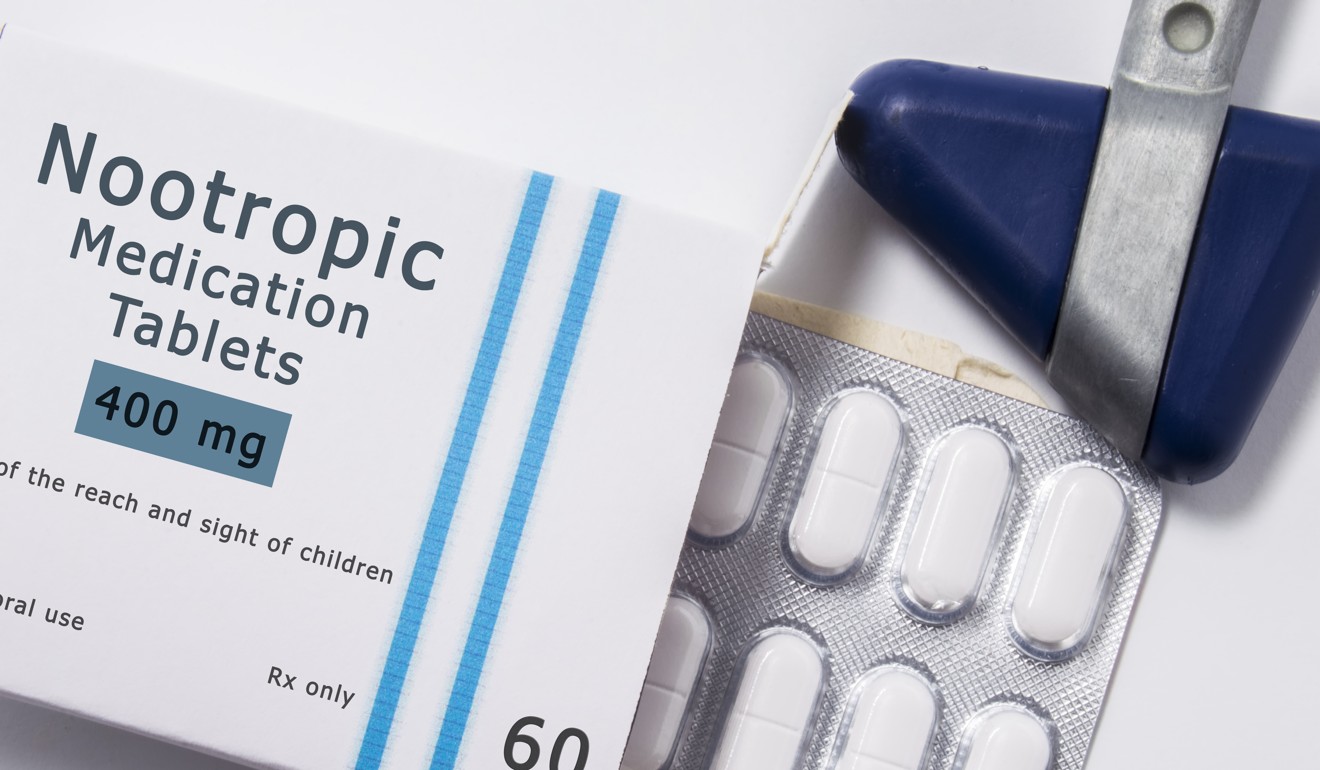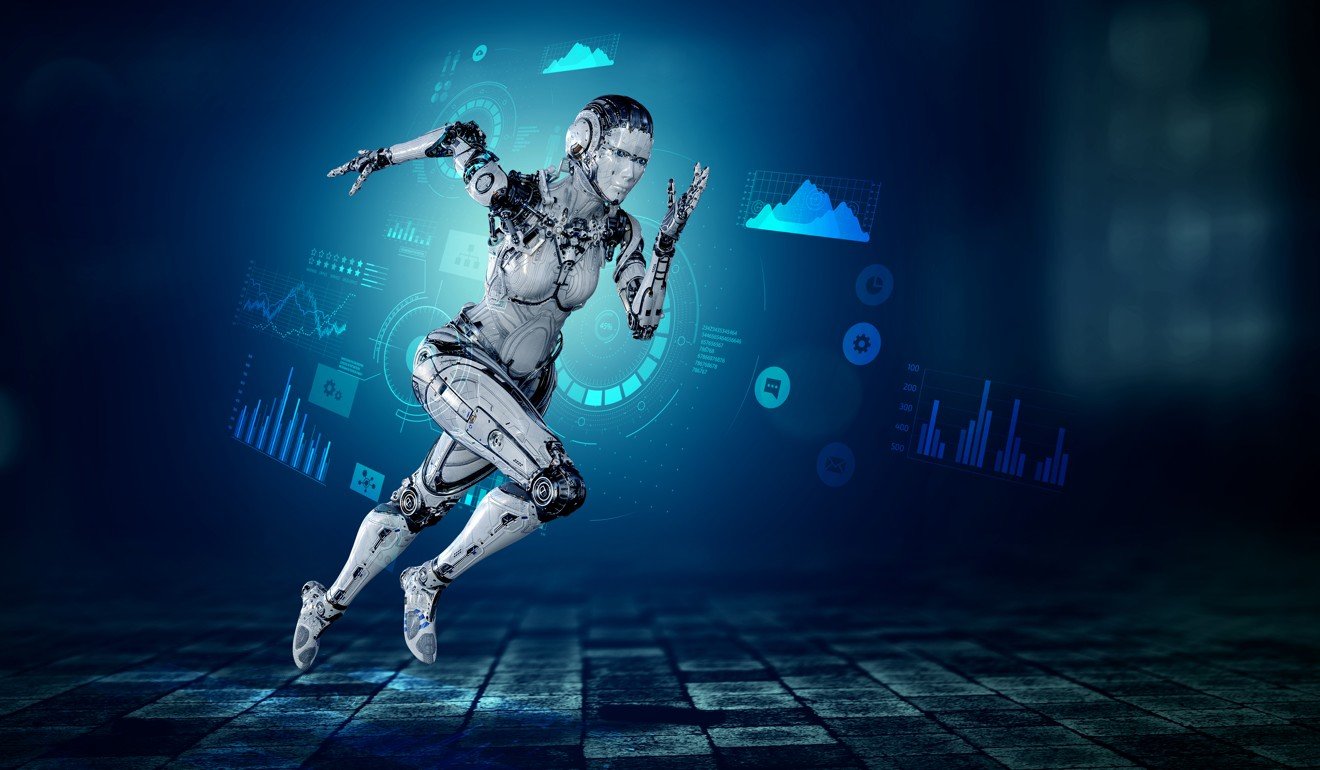
Brain hacks, implants, enhancers and nootropics: the Silicon Valley pioneers trying to live higher-performing lives
- Few go as far as Zoltan Istvan, who dreams of a brain implant to connect him to the internet, but many in Silicon Valley use technology to improve their bodies
- We chart some of the latest developments in biohacking, implants, experimental biology and nootropics – all intended to improve cognitive ability and health
In the English humorist PG Wodehouse’s Jeeves and Wooster series, intellectual lightweight Bertie Wooster credits his manservant Jeeves’ considerable brainpower to one thing: “he virtually lives on fish”. Whether it’s fish for smarts or Popeye’s beloved spinach for muscles, it is human nature to try to improve our physical and cognitive lot in life.
Human beings have a long history of pushing things too far, though. The ancient Chinese drank mercury to gain immortality, while modern California’s early adopters implanted magnets in their own fingers for … some reason.
Today on the west coast of the United States, a major shift is taking place. The visionaries who brought forth the modern tech revolution are expending their brainpower, and billions of dollars, on a new revolution: bringing cutting-edge technology to bear on their own bodies, hoping to live longer, healthier, higher-performing, and more closely monitored lives than ever before.

If Popeye were alive in today’s Silicon Valley, his obsession with fitness and slavish devotion to a one-ingredient diet would make him not just a sailor man, but a biohacker.
“As a transhumanist,” explains Istvan, “I’m someone that wants to merge my body with machine parts. I want to become a cyborg to become a more complete, stronger, and perfect living entity.”

For Woo, biohacking isn’t just a hobby but a value system: “I think it’s worthwhile to encourage people to have self-responsibility and agency over their own health and their own lives.
“I’m not a doctor,” Woo adds, “but my job is to educate people and empower people to take agency over their own health.”
As a transhumanist, I’m someone that wants to merge my body with machine parts. I want to become ... a more complete, stronger, and perfect living entity
While Istvan is interested in technology that can be implanted, Woo is keen on what he can put into his body the old-fashioned way: by consuming it.

Many biohackers also take supplements such as MCT (for medium chain triglyceride) Oil Powder, and ketone ester from HVMN. The company claims it is “scientifically shown to improve metabolic performance and recovery” and help engender a “rapid, deep ketosis”.
Supplements like these are a booming business. HVMN has received tens of millions of dollars in funding and sells a 36-pack of ketone ester for US$1,149.
The fastest growing sector of biohacking is so-called “smart drugs” or supplements that are intended to boost cognitive function. Of these the most popular are nootropics, a blanket term covering foods, supplements, or drugs that enhance cognitive function in areas such as focus, intelligence, memory, and creativity.

According to Research and Markets, the market sector for products targeting brain health, of which nootropics are a key component, is projected to be worth US$11.6 billion by 2024.
Fun fact: the word nootropics comes from the Greek words “nous” for mind, and “trepein” for bend, making them literally mind-benders. Even among the biohacking community, nootropics have emerged as a kind of unifier.
“I have a chip implant in my right hand, and was one of the early adopters. I use it to open my front door, send out text messages, and carry information,” says Istvan.

He believes that “within 30 years, many people will have at least 50 per cent major bionic [artificial largely electromechanical] organs”, and he can’t wait to get a brain implant that connects his mind to the internet. Still, Istvan takes nootropics for his memory every day.
Though freshly trendy, nootropics are not new. In the 1960s nootropics gained a foothold in the public imagination with new drugs like piracetam, a member of the racetam drug group, touted for their often exaggerated abilities to improve cognitive function.
There isn’t much out there that really does improve cognitive ability. The placebo effect is really strong, and when things are more expensive, the placebo effect is stronger
The definition of nootropics is so broad that it can be difficult to discuss in any meaningful way, and even harder to study.
Woo says that he tries to limit the nootropics he sells to those that have been tested, and his website is transparent about the science behind the supplements it promotes: showing which have shown success in animals, in humans, and which have not been definitively put to the test at all. The website includes links to studies that highlight the efficacy of the substances in its supplements.

“We’re working with our research partners to start publishing some of the data on nootropics,” says Woo. “We hope to have that soon.”
Jeanne Feuerstein, a neurologist at the University of Colorado Hospital in Denver, is a sceptic.
“There isn’t much out there that really does improve cognitive ability,” Feuerstein says. “The placebo effect is really strong, and when things are more expensive, the placebo effect is stronger. Is it possible that people will have some sort of transient response to things? I think it’s possible.”
Still, experimenting with reputable nootropics won’t do you any harm and, according to Woo, many people do report cognitive impact.
“I think nootropics work, but they’re not that effective yet,” says Istvan, “but I’m sure in the future nootropics will be all the rage, and they will be super effective. Just give it another five years of development.”

